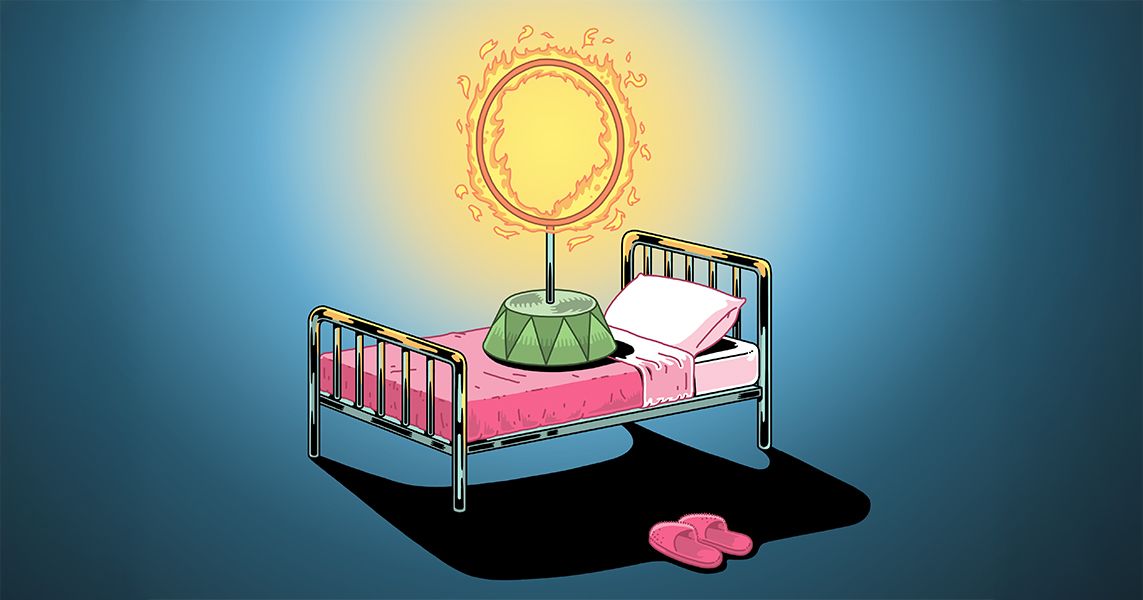#oura-ring
#oura-ring
[ follow ]
#wearables #health-tracking #sleep-tracking #smart-ring #wearable-health #smart-rings #fitness-tracking
fromZDNET
4 months agoThe Apple Watch Series 11 is one feature away from making me ditch my Oura Ring
Last year, Gallup surveyed Americans about their sleep habits. For the first time since polling began in 2001, it found that a majority of Americans said they'd feel better if they got more sleep. They aren't happy with their sleep quality and want to improve it. Enter the trusty sleep tracker. Smart rings, smartwatches, sleep earbuds, mattress monitors, and a long list of other sleep-tracking devices have flooded the market to address growing sleep needs.
Apple
fromwww.esquire.com
4 months ago9 Best Sleep Gadgets, Tested by the Esquire Editors
The SleepMask has been the product we use most. That's because it's fool-proof simple. First, it blocks out 100 percent of light, which is better than any beauty-focused sleep mask. Second, the rhythmic vibrations lull us to sleep better than white noise ever could. For sleeping in strenuous circumstanceson a plane, in a weird time zone, or during the day after a night shift full of PEDsnothing gets us there like a Therabody SleepMask. It's just the right amount of tech to sleep with.
Wearables
fromThe Mercury News
5 months agoLarry Magid: What I learned from wearing a glucose monitor and a smart ring together
Unlike its prescription-only sibling, the G7, Stelo doesn't require a prescription, and it's not intended for people on insulin. It's about the size of a quarter with tiny prongs that go just under the skin and are essentially painless. Once applied, Stelo pairs with your phone and delivers glucose readings every 15 minutes. That's less frequent than prescription CGMs, but more than enough to show how food, activity, sleep and stress affect your glucose.
Health
fromTravel + Leisure
6 months agoI've Taken 7 Flights in 30 Days, and This Unexpected Trick Helped Me Avoid Jet Lag Every Time
The Oura Ring tracks over 30 biometrics including sleep, heart rate variability (HRV), resting heart rate, and body temperature, providing a daily Readiness Score that offers insights into recovery.
Gadgets
[ Load more ]
















